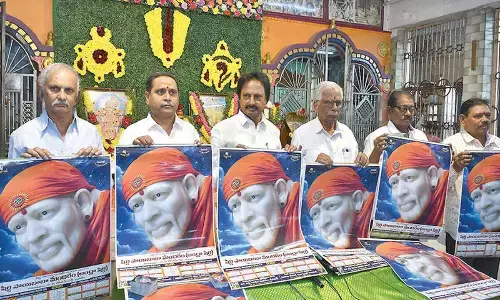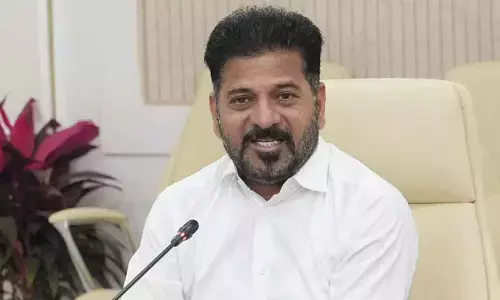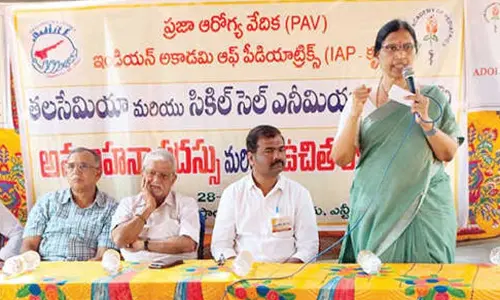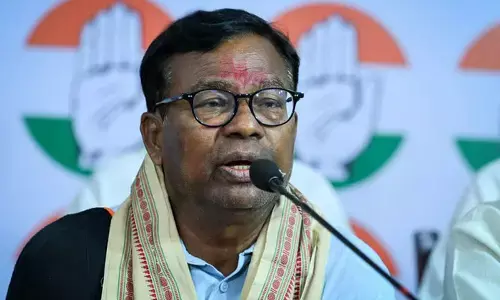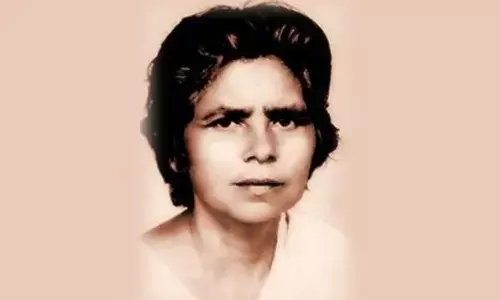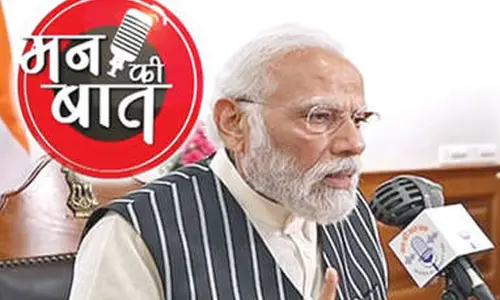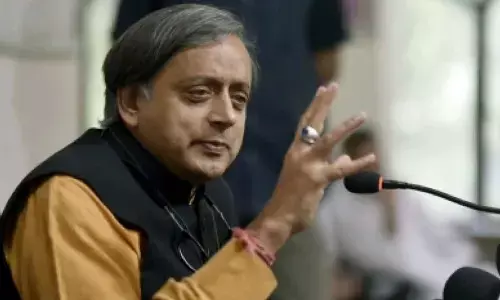Money Bill
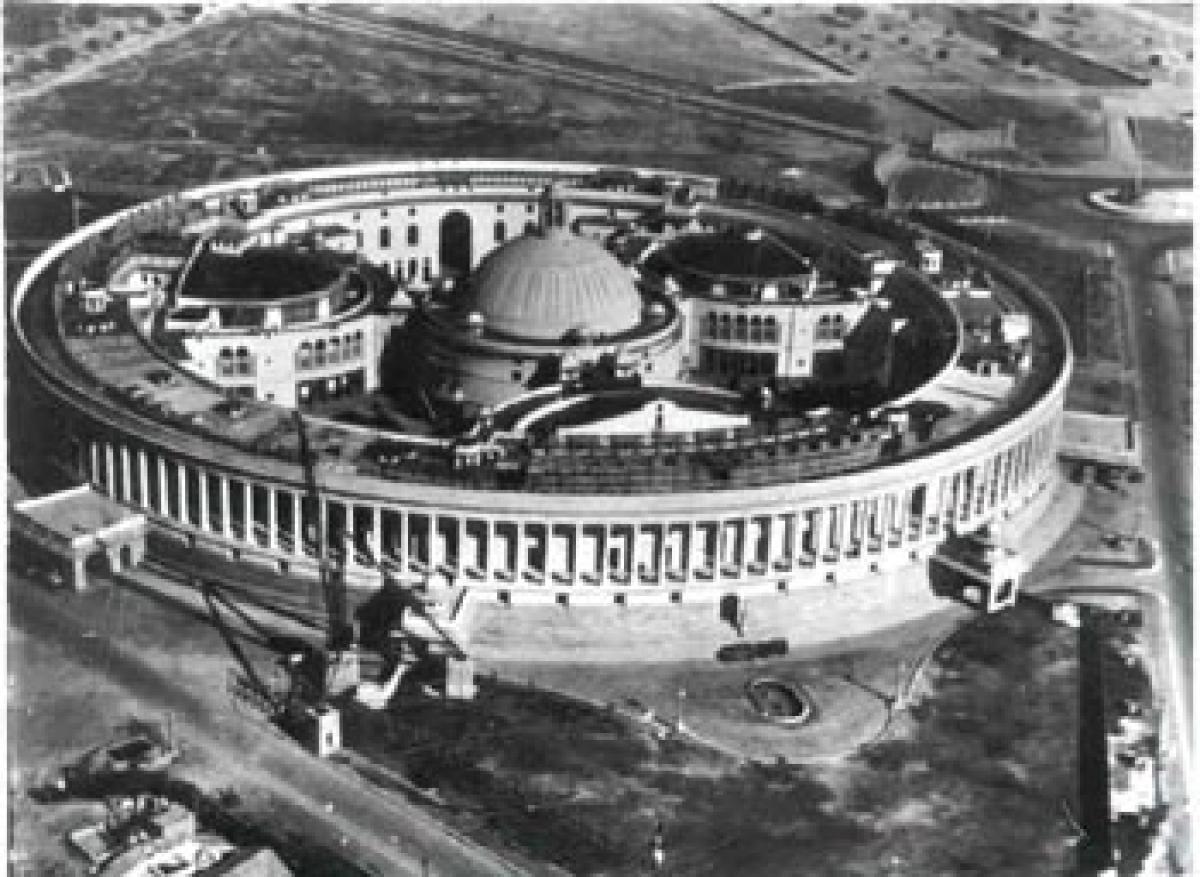
The Supreme Court has agreed to examine a plea by Congress challenging the propriety of the government introducing the Aadhaar Act as a money bill, even as the government contended that the Lok Sabha Speaker\'s decision to this effect could not be questioned.
The Supreme Court has agreed to examine a plea by Congress challenging the propriety of the government introducing the Aadhaar Act as a money bill, even as the government contended that the Lok Sabha Speaker's decision to this effect could not be questioned.
The government told the court that the bill (which later became an act) was certified by the Lok Sabha Speaker as a money bill and thus was immune to challenge under this provision.
The Congress counsel said that it was rule of law that has been breached by allowing the introduction and passing of Aadhaar (Targeted Delivery of Financial and other Subsidies, Benefits and Services) Act, 2016, as a money bill, thereby depriving the Rajya Sabha to vote. The Court said it would examine their written notes in the second week of July.
After being passed by Lok Sabha, the Aadhaar Bill was sent to Rajya Sabha, which recommended some amendments. But the Lok Sabha did not accept them. Bills which exclusively contain provisions for imposition and abolition of taxes, for appropriation of moneys out of the Consolidated Fund, etc., are certified as Money Bills.
Money Bills can be introduced only in Lok Sabha. Rajya Sabha cannot make amendments in a Money Bill passed by Lok Sabha and transmitted to it. It can, however, recommend amendments in a Money Bill, but must return all Money Bills to Lok Sabha within fourteen days from the date of their receipt. It is open to Lok Sabha to accept or reject any or all of the recommendations of Rajya Sabha with regard to a Money Bill.
If Lok Sabha accepts any of the recommendations of Rajya Sabha, the Money Bill is deemed to have been passed by both Houses with amendments recommended by Rajya Sabha and accepted by Lok Sabha and if Lok Sabha does not accept any of the recommendations of Rajya Sabha, Money Bill is deemed to have been passed by both Houses in the form in which it was passed by Lok Sabha without any of the amendments recommended by Rajya Sabha.
If a Money Bill passed by Lok Sabha and transmitted to Rajya Sabha for its recommendations is not returned to Lok Sabha within the said period of fourteen days, it is deemed to have been passed by both Houses at the expiration of the said period in the form in which it was passed by Lok Sabha.








